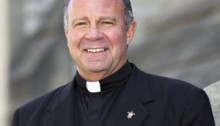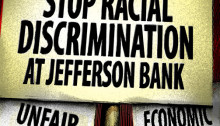Student paper at Webster University faces cuts
The longtime student newspaper at Webster University, the Journal, was facing an uncertain future this spring as the administration’s budget axe was about to swing. The weekly Journal, reporting on its own chances of survival, said its 30 issues a year might be cut to four or five in the 2015 budget, and the number of student staffers receiving pay could be cut from 10 to two. Some students and faculty believe the administration is upset over controversial stories the Journal has done, and one way of putting a clamp on the upstart newspaper is through the budget. But this is disputed by Webster’s public relations spokesman, Patrick Giblin.

